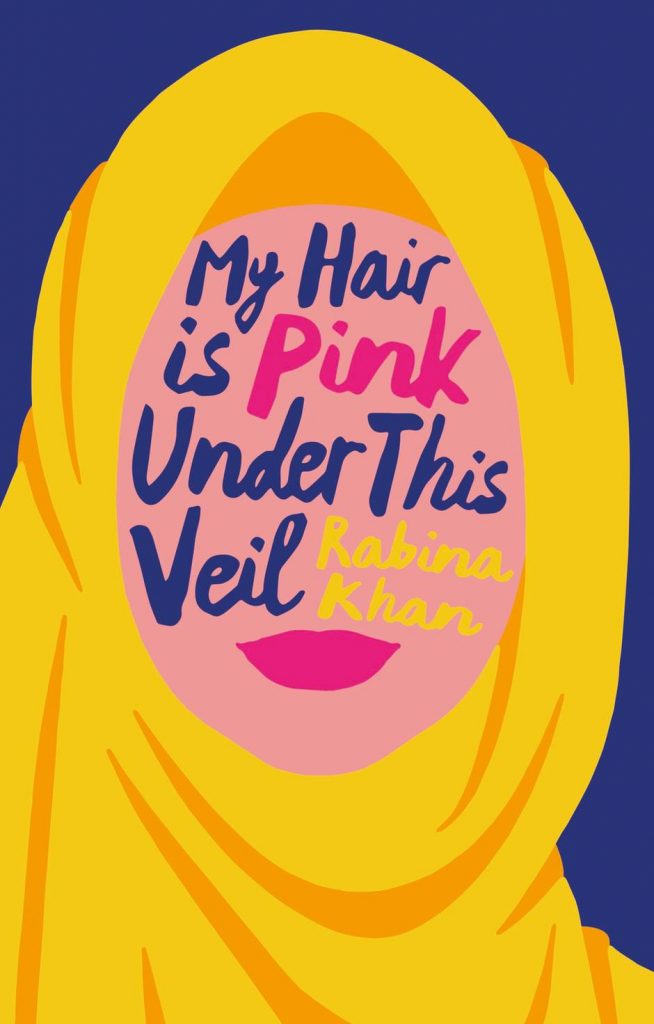In 2015, Rabina Khan was running as an independent candidate in the Tower Hamlets’ mayoral elections in London when a male voter asked her what color her hair was under her veil.
Rabina replied, it was pink.
This small interaction inspired Rabina to write her book and titled it “My Hair is Pink Under This Veil”.
“A gentleman asked me one day what color my hair was under my hijab. In order to intrigue him, I told him it was pink, but one of my aims was to quash the notion that hijab-wearing women have no interest in hairstyles or vibrant colors,” Rabina Khan, British-Muslim politician and writer, told The National.
“Of course, what I would like to have said is, ‘And what color was your hair before you went bald?’ but I wouldn’t be so insensitive.”
 Read Also: The Status of Women in Islam (Special Folder)
Read Also: The Status of Women in Islam (Special Folder)
Moving to UK from Bangladesh at the age of 3, the Liberal Democrat councilor in the London borough of Tower Hamlets, and former special adviser to Lord Newby in the House of Lords, tells her own experience wearing the hijab.
The book is about a Muslim woman living in the UK and how she reconciles her faith with British culture to construct a successful political career against the backdrop of blame, bias, ignorance and misogyny.
It also highlights the outdated views about Muslim women, challenges the notions of what a Muslim woman can or can’t do and also questions the stereotypes.
Released after the outbreak of Covid-19, the book also discusses the hypocrisies of pandemic politics, such as the fact that in some places in Europe, where face masks are mandated, niqabs are still outlawed. An entire chapter is titled The Covid Niqab.
“For a long time, I felt that mainstream media, politicians and society in general held blinkered views about Muslim women and believed outdated stereotypes, not appreciating the untapped talent and huge contribution that we can make to the British economy and the difference that we can make to people’s lives,” Khan said.
-

‘My Hair is Pink Under This Veil’ is a new memoir by Rabina Khan. Biteback Publishing
Challenging Life
Throughout her book, Khan draws attention to how racism has affected British Muslims.
“Muslims are not just part of mainstream society; they are huge contributors to it,” she writes, highlighting the booming modest fashion market as one example.
“A new generation of Muslim women fashion designers, stylists, beauty bloggers and make-up artists from around the world have emerged and are exerting their influence.”
Even when visibly Muslim women achieve success personally or professionally, they still seem to be defined by the cloth on their heads.
“As Muslim women we are often typecast as only having opinions and perspectives on faith and race,” says Khan.
“I have often felt this burden of representation. Yet my active work on campaigning for a greener and sustainable economy is a huge passion; from advocating for the investment into life sciences in the UK’s post-Brexit era to calling out on how the climate change needs to include diverse communities to bring global climate change.”
The post Muslim Tackles Racism in Her Memoir appeared first on About Islam.
source https://aboutislam.net/muslim-issues/europe/muslim-tackles-racism-in-her-memoir/

No comments:
Post a Comment